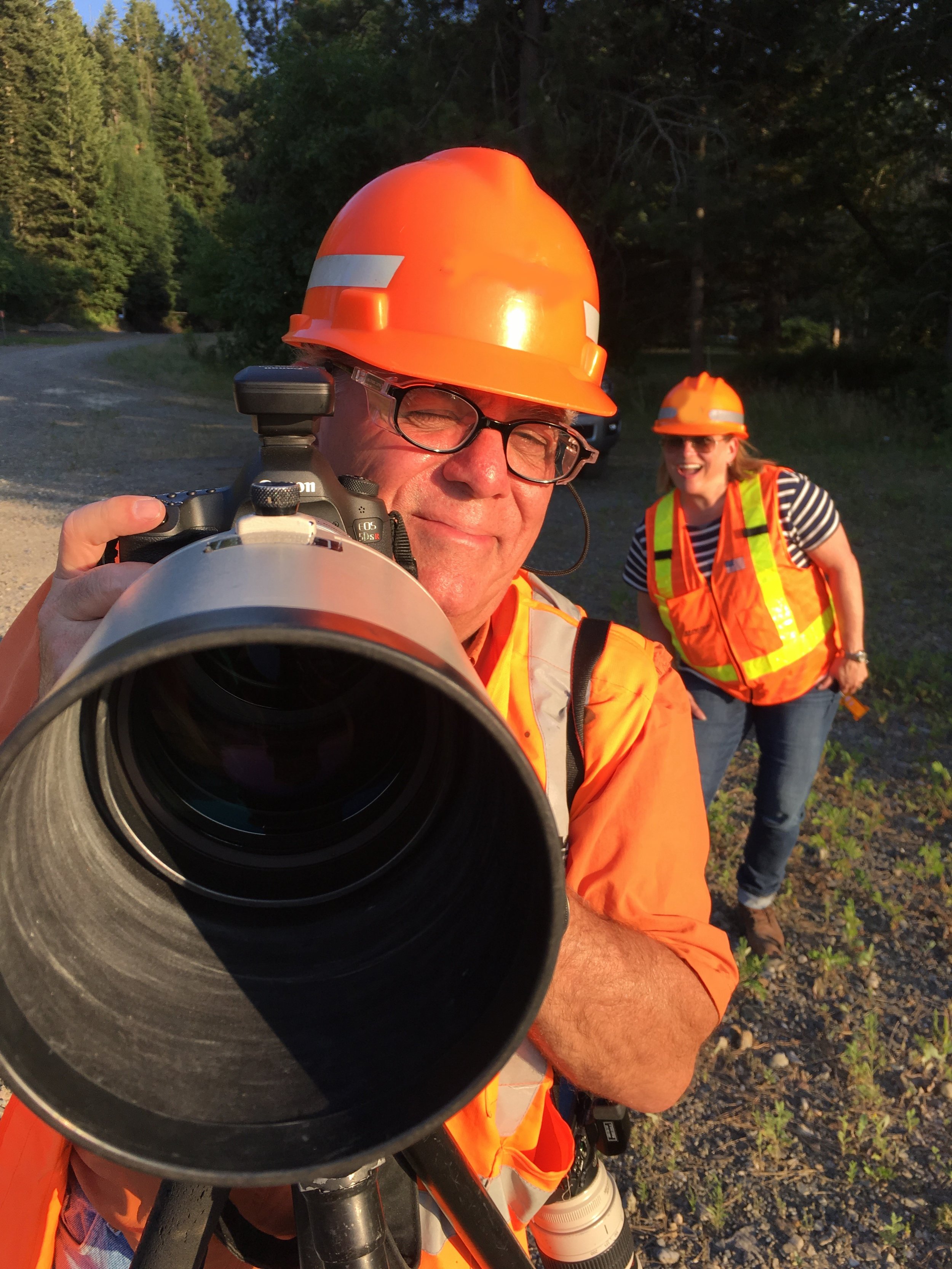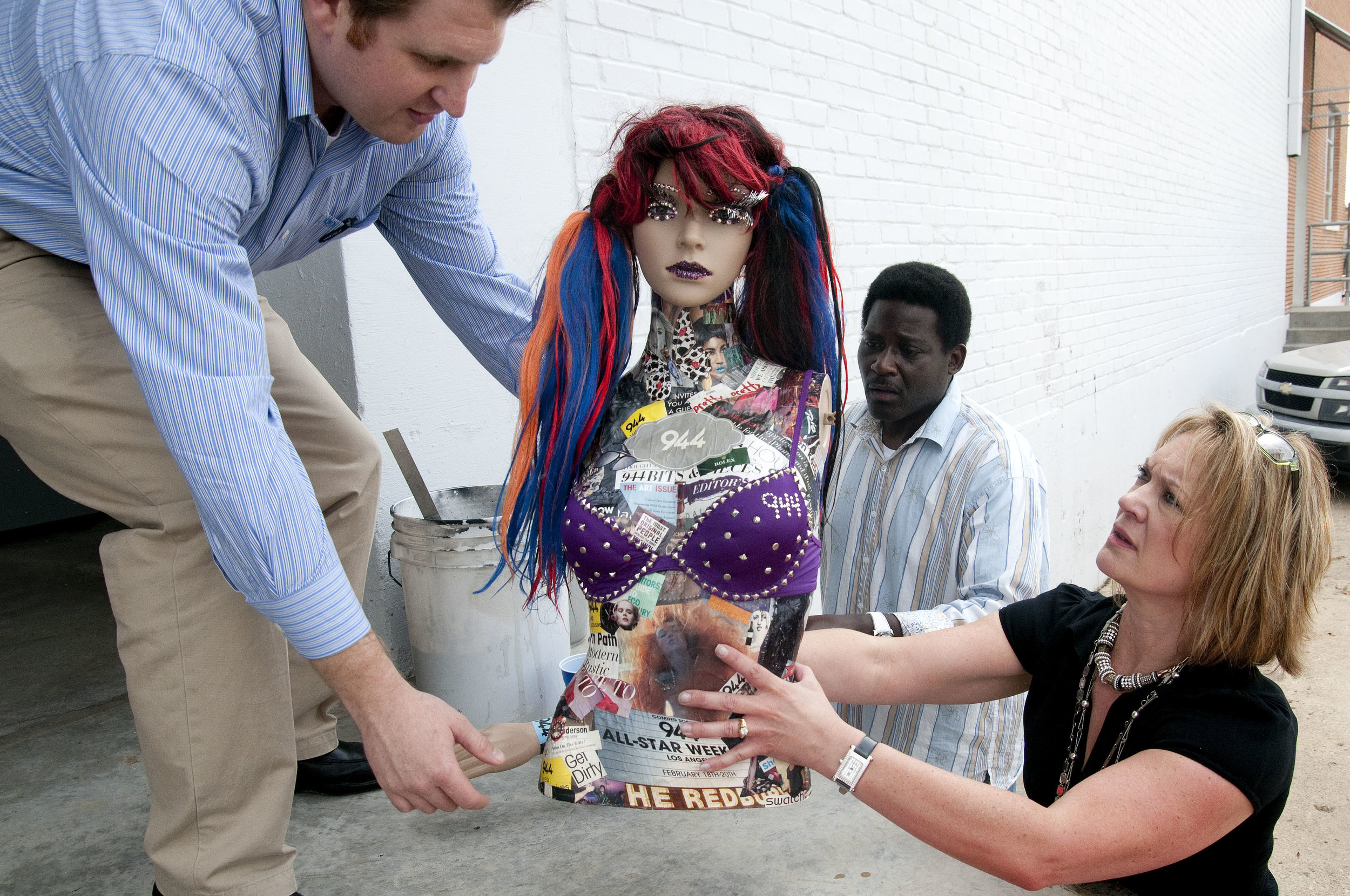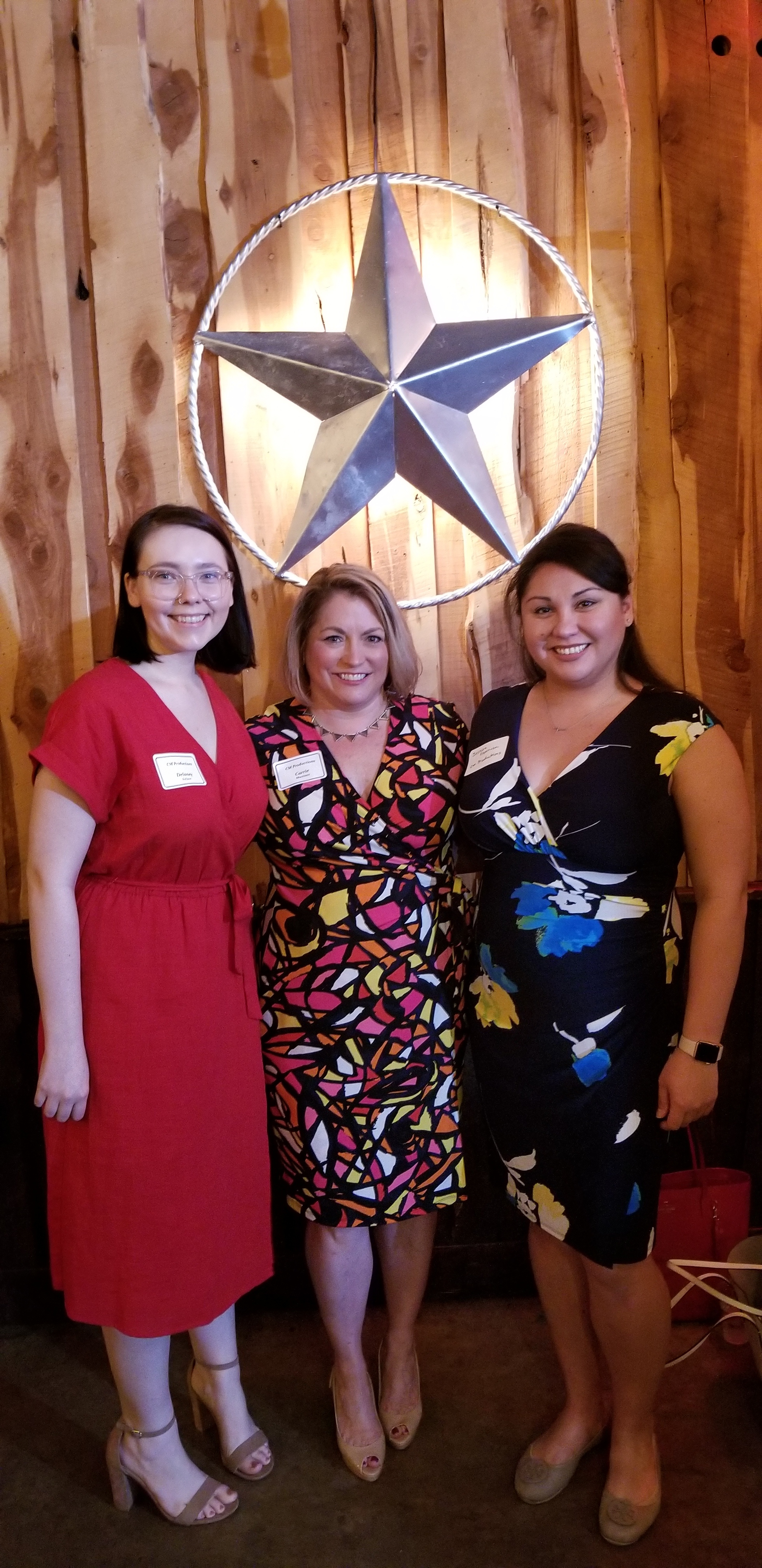How Do You Define "Partnership"?
Partnerships are about lifting each other up. It is about needing, sharing, giving, taking and succeeding together. It is about having a mutually beneficial relationship. But what does that mean in your business?
In the early days of CM Productions, I didn’t think of partnerships this way. Personally, the competitive aspects of relationships were much clearer, thus I had a very narrow view of partnerships in business. I thought they had to be a formal agreement between two groups who were contractually obligated to do things for each other. But as this company has grown, I now see partnerships as a critical part of our growth and evolution. Plus, it is emotionally fulfilling to do something that benefits someone else. And partnerships can happen in any type of relationship.
Suppliers: We work with many different vendors/suppliers. The sub-contractors who have worked with us for years directly providing services to produce our visual content are critical to our final output. Mutual respect between us is important to keeping all our businesses going. Once we were educated on the concept of the value chain and its potential for expanding our business offerings, we began to look for more vendors who offered services or products that linked to ours in the value chain. This has led to some successful wins for us and our vendors. We’ve developed great long-term friendships with many of our suppliers that I wouldn’t trade for the world.
Competitors: It took awhile for me to realize competitors have great potential for partnership. As WBENC says, “Join Forces, Succeed Together.” And this can hold true especially when our competitors have a service that is complementary to ours. Or if they do what we do, we can team together for specific projects because we can quickly scale to do more work together. This partnership is more challenging to form because both sides need to understand the mutually beneficial parts of the relationship. I find when I’ve approached a competitor who could be a partner, if they can’t see beyond the competitive part of the relationship after a conversation or two, we probably won’t make it to the mutually beneficial discussion. But when we can find that common ground, the opportunities can be greater for us both.
Clients: With every client we are invested in their success. After all, they have come to us to help them solve a communication problem through visual content. They have a greater business goal to which they are working, and we want to help them get there. The most satisfying partnership is when the client consciously shares that success with us and we can celebrate with them. And yes, while we get paid for the services we provide, that’s still transactional. The mutually beneficial relationships refer us to a new client because they want to support our growth.
Employees: The boss and employee partnership can be complex. As I’ve grown more experienced, I see how important a partnership is in this relationship. Companies succeed with employees who are invested in the vision and know they are not just doing what they are told but are part of the team making it happen. Finding those who share the same passion I have for making content is something that has made our company unique. Our team shares the same views on the importance of partnerships that I do, which makes working together not only more productive, but more enjoyable.
All of the partnerships from CM Productions’ history have made our company what it is today, and I look forward to future partnerships that bring new opportunities.






